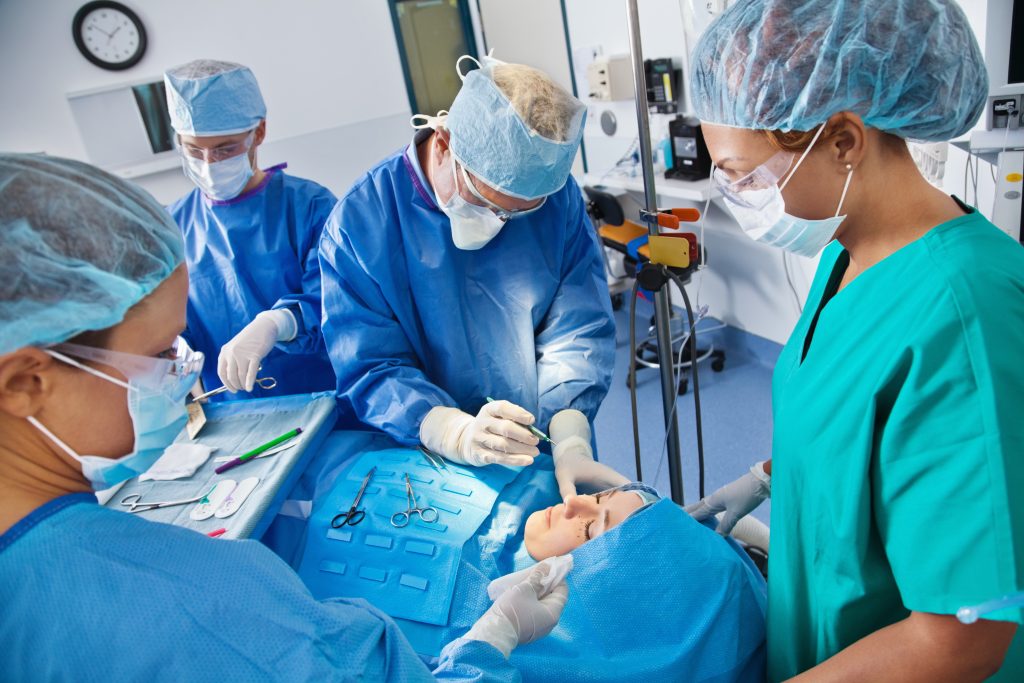Plastic Surgery Inland Empire: Accomplish Your Dream Look with Expert Care
Plastic Surgery Inland Empire: Accomplish Your Dream Look with Expert Care
Blog Article
Investigating the Mental and Social Elements That Drive Individuals to Take Into Consideration Cosmetic Surgery as a Way of Improvement
The decision to seek plastic surgery usually expands past simple aesthetic appeals, linking with mental and social characteristics that warrant thorough examination. Variables such as self-confidence, prevalent societal elegance requirements, and the pervasive impact of social networks assemble to shape individual inspirations for medical enhancement. As these influences come to be progressively prominent, understanding the underlying psychological and cultural contexts is vital. What stays to be explored is the extensive impact these elements have not just on personal identification but likewise on more comprehensive social standards and values bordering elegance and approval.
The Role of Self-confidence
Self-worth substantially influences a person's choice to seek plastic surgery. People with low self-worth typically regard themselves in a negative light, resulting in feelings of insufficiency concerning their physical look. This adverse self-perception can drive them to look for medical treatments as a method of enhancing their self-image. The wish for renovation in one's look is frequently connected to an idea that such changes will raise their general self-worth and confidence.

Ultimately, the role of self-esteem in the decision-making procedure pertaining to plastic surgery highlights the complex interplay in between body picture, personal complete satisfaction, and psychological health and wellness. Understanding this relationship is crucial for health care professionals to ensure that people are making notified choices rooted in reasonable expectations and emotional well-being.
Societal Beauty Standards
Influenced by prevalent media portrayals and cultural narratives, social appeal standards play a vital function fit individuals' perceptions of their very own bodies. These standards are typically defined by an idyllic type of elegance that emphasizes attributes such as slimness, youthfulness, and proportion. As these perfects are perpetuated through numerous networks, including movie, advertising, and tv, individuals regularly internalize these messages, bring about discontentment with their all-natural look.
The ramifications of these societal standards extend past visual preferences; they can influence self-confidence, psychological wellness, and interpersonal partnerships. Individuals who view themselves as falling brief of these standards may experience sensations of insufficiency, prompting a desire for plastic surgery as a method of attaining societal approval. This pursuit is often sustained by the belief that satisfying these perfects will certainly enhance not just physical look yet also social standing and personal fulfillment.

Impact of Social Media
The influence of societal beauty requirements is additional amplified by the rise of social media sites platforms, where curated images and idealized representations of appeal are ubiquitous. Individuals are frequently revealed to filteringed system and modified photographs, which usually depict unattainable physical characteristics. This exposure cultivates a society of contrast, leading people to evaluate their very own look versus these often unrealistic standards.
Social network influencers and stars often promote cosmetic procedures, stabilizing the concept that surgical enhancements are a viable means for accomplishing societal ideals (plastic surgery rancho cucamonga). The exposure of these enhancements can create a perception that undergoing plastic surgery is a conventional method, therefore affecting people to think about similar treatments as a path to boosted self-confidence and social acceptance
Moreover, the interactive nature of social media enables prompt comments through sort and remarks, a knockout post even more strengthening the desire to adjust to prominent charm standards. Such interactions can worsen feelings of insufficiency and drive individuals toward plastic surgery as a way of obtaining validation. Inevitably, social networks plays a crucial function in forming assumptions of charm, which considerably impacts the decision-making procedures surrounding plastic surgery.

Social Point Of Views on Appearance
Across numerous societies, assumptions of look are deeply rooted in historic, social, and financial contexts, shaping individuals' sights on charm and value. In numerous societies, look works as a considerable marker of identification, influencing social standing, professional chances, and individual connections. For instance, in some cultures, light skin is typically related to wide range and benefit, while others may glorify darker complexion as signs of strength and credibility.
In addition, typical appeal standards are usually continued with cultural stories, media representations, and family members influences, bring about varying ideals throughout various regions (plastic surgery rancho cucamonga). In Western societies, the emphasis on youth and physical conditioning typically drives people toward cosmetic improvement, while in specific Eastern cultures, more subtle adjustments aligned with conventional visual appeals may be preferred
Globalization and the expansion of electronic a fantastic read media have better complicated these dynamics, developing a hybridization of beauty perfects that goes beyond geographical limits. As people progressively browse these social stories, the stress to adapt certain look criteria can cause the desire for plastic surgery, mirroring a complex interplay of social values and personal ambitions. Recognizing these social perspectives is necessary in addressing the motivations behind plastic surgery considerations.
Psychological Effects of Cosmetic Surgical Treatment
Several people looking for plastic surgery report experiencing profound psychological impacts that can significantly change their self-perception and psychological well-being - plastic surgery rancho cucamonga. The need for physical improvement commonly comes from underlying issues such as low self-confidence, body dysmorphic disorder, or social stress concerning beauty standards. For some, the prompt post-operative phase can lead to a short-lived increase in self-confidence and contentment with their look, promoting a feeling of empowerment
Nevertheless, these favorable sensations may not be enduring. Study suggests that while some patients experience enhanced self-esteem, others might face elevated anxiety or depression if their expectations are not fulfilled. This inconsistency can arise from impractical ideals bolstered by media representation and social stories surrounding elegance.
Moreover, the psychological implications of cosmetic surgical treatment extend beyond the person. Relationships with friends and family may be stressed as social characteristics shift, bring about sensations of isolation or alienation. Eventually, the psychological impacts of cosmetic surgical procedure are complex and multifaceted, calling for careful consideration by both possible people and doctor to make sure educated decision-making and reasonable assumptions.
Final Thought
In verdict, the choice to pursue cosmetic surgical procedure is significantly affected by a mix of self-worth concerns, societal charm criteria, and social perspectives on appearance. The prevalent reach of social media even more exacerbates these pressures, advertising unrealistic ideals that individuals often aim to acquire. Recognizing these social look at more info and psychological factors is crucial for addressing the motivations behind cosmetic surgery, highlighting the requirement for a much more nuanced conversation bordering elegance and self-acceptance in modern culture.
The decision to go after cosmetic surgery commonly expands past simple appearances, linking with emotional and social dynamics that warrant comprehensive evaluation. Ultimately, social media plays a pivotal duty in forming understandings of charm, which considerably affects the decision-making processes surrounding cosmetic surgical treatment.
As individuals increasingly browse these cultural narratives, the stress to conform to details look requirements can lead to the desire for cosmetic surgical procedure, mirroring an intricate interplay of personal aspirations and cultural worths.In final thought, the decision to go after cosmetic surgical treatment is substantially influenced by a mix of self-confidence concerns, societal appeal standards, and social perspectives on look. Understanding these social and emotional aspects is vital for addressing the inspirations behind cosmetic surgery, highlighting the requirement for a much more nuanced conversation bordering beauty and self-acceptance in modern culture.
Report this page